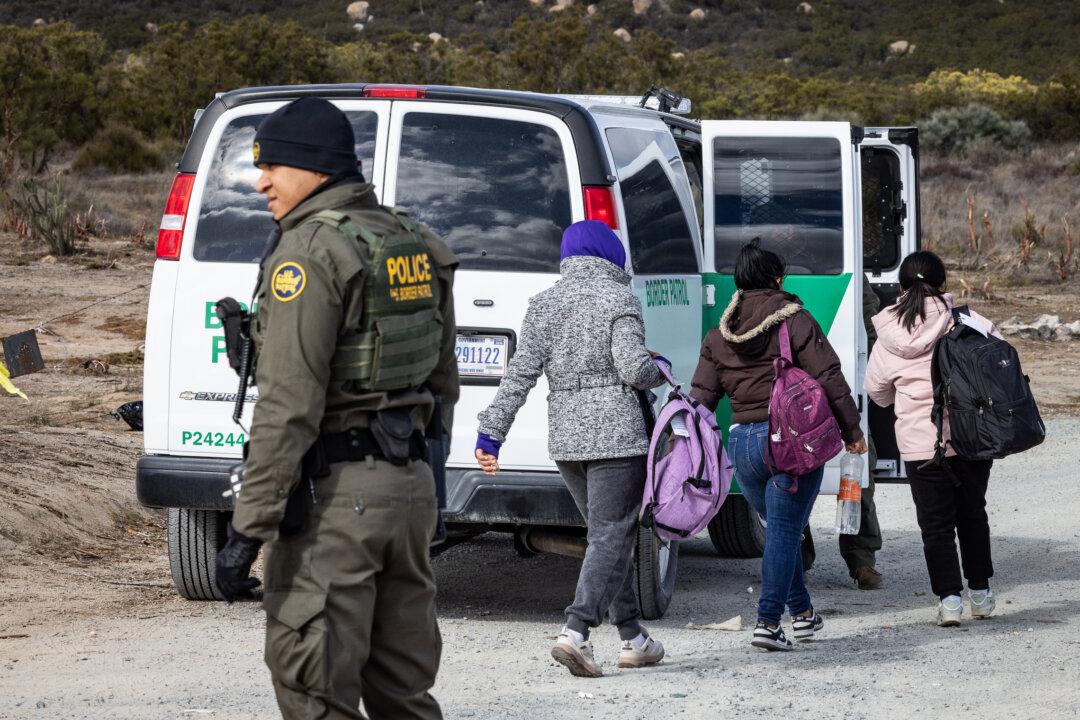BOULEVARD, Calif.—Morale among U.S Border Patrol agents has hit rock bottom, according to agents and union representatives in California and Arizona.
Darren Bird, a spokesman for the National Border Patrol Council union, Local 1613, San Diego, told The Epoch Times that with the recent surge of illegal immigrants, agents believe that they’re essentially breaking the laws they were once trained to enforce.






